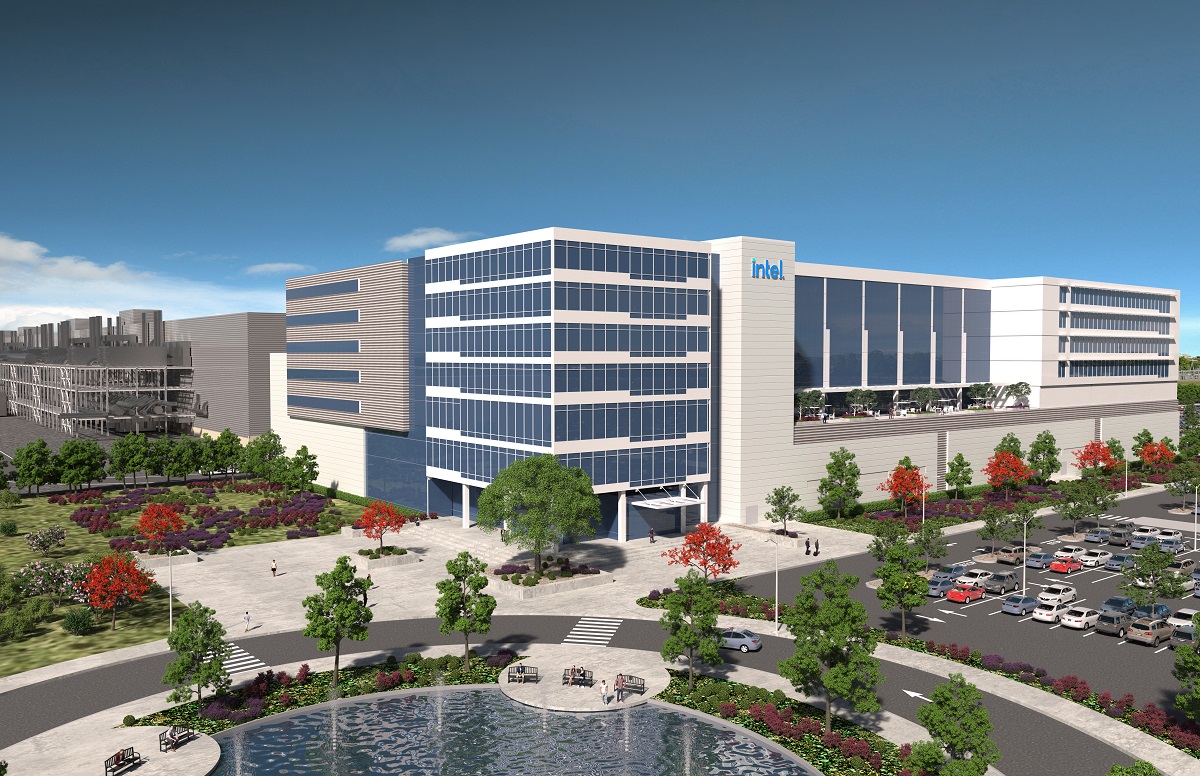Africa has long been considered a sleeping giant with diverse and plentiful natural resources and a large population. Recent trends in Africa in engineering and technology are creating a boom on the continent. Africa has been experiencing world leading rates of growth. For example phone use has increased 550% over the past three years. Most Africans don’t know what a land line is as they have skipped right to cell phones.
New technologies like solar lamps, durable laptops, advanced nano water filters, and more are high tech solutions to some of Africa’s seemingly intractable problems according to the BBC.
Global Innovation Hubs
According to recent figures Africa’s gross domestic product (GDP) totals about $1.2 trillion and its population is 1.1 billion. Statistics show African economies have mirrored changes in the wider world economy in their move away from agriculture, now composing about 15% of economic activity, to industry at 35%, and services at 50%. Over the past 10 years African foreign trade has increased moderately with some ups and downs but reaching $450 billion in exports and the same amount in imports in 2012.
More and more countries most notably the US and China are taking an interest in Africa through foreign direct investment which has also trended upward and reached $100 billion last year. Finally Official Development Assistance (ODA) from the developed world has continued to increase from OECD member countries totaling over $50 billion a year.
African organizations like AfriLabs are promoting technology innovation hubs in cities including Addis Ababa, Cairo, Dar Es Salaam and many others. These hubs are incubators where people with different experiences can brainstorm to come up with new ideas and projects.
Significant Projects and Plans
Projects in Africa range from new high tech train lines such as South Africa’s Guatrain, to hydroelectric dams, and other major infrastructure improvement projects. In coming articles IndustryTap will report on some of them. South Africa will also soon become home to a massive deep space telescope called the Square Kilometer Array (SKA). Projects such as these are a boon to the continent.
Kenya is now considered a major world technology center. Leading Kenyan engineers and scientists have been developing mobile communication systems and applications that are bringing together Africa’s population and thereby stimulating growth. One example is a mobile payments market called M-Payer that is “greasing the skids” of an effort to bring rural Africans more closely into the growing economy.
Ghana is focusing on health care with development and innovation in both companies and for individuals. Improving access to health care across Ghana and Africa is helping bring better medicines and improving health. Development of technology that supports logistics all over Africa is helping deliver products and services more efficiently than ever. A company called MPedigree allows Africans to check on the authenticity of drugs they have been prescribed by calling a central clearinghouse where medicines can be verified through coding thus cutting down on potentially ineffective, unhealthy or deadly fake medicines.
In Nigeria a new cell phone service called SlimTrader allows customers to research products, transportation, supplies, ingredients, etc.
Improving Farming Technology
Farmers are now able to more easily monitor weather and water conditions that may impact their crops, quickly understand market supply and demand for products they are growing or planning to grow. These types of advances are making the difference between the success of farmers cooperatives being able to sustain themselves versus depending on charity projects or falling back into extreme poverty. A company called Technoserve runs programs in rural East Africa including Tanzania to help workers get our of poverty with new technology at the center of its efforts.






